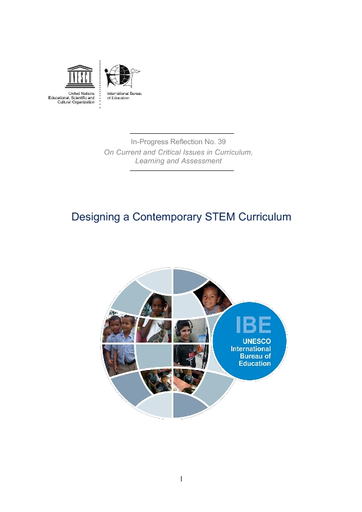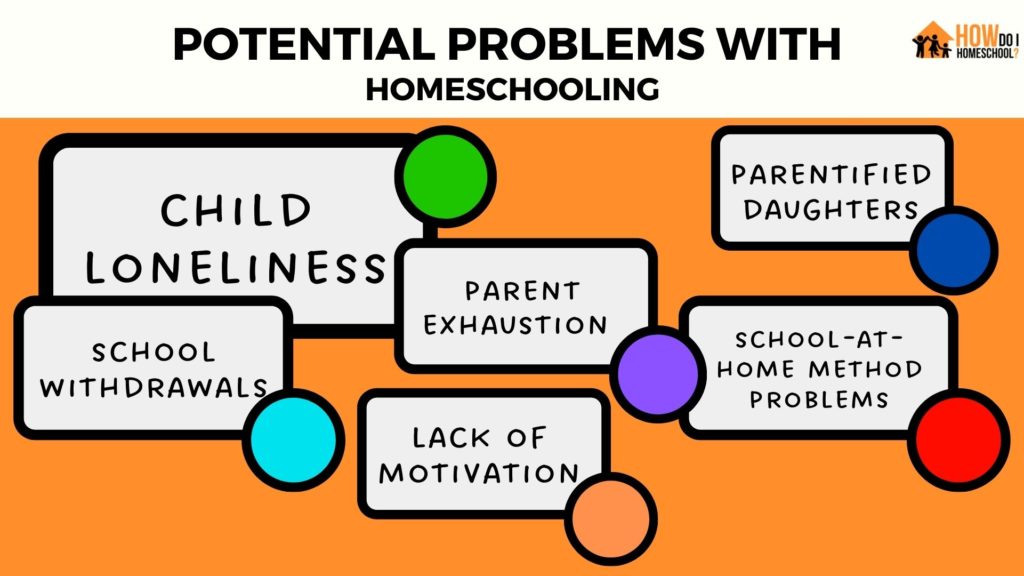Explore UNESCO STEM Initiatives Bridging Gaps in Education
Explore UNESCO STEM Initiatives: Paving the Path to Educational Transformation
In a world fueled by technological advancements and innovation, the role of education, especially in the fields of Science, Technology, Engineering, and Mathematics (STEM), has become increasingly crucial. UNESCO, the United Nations Educational, Scientific and Cultural Organization, has emerged as a formidable force in advocating for and shaping STEM education globally.
UNESCO’s STEM Advocacy: Empowering Minds for Tomorrow
UNESCO has embarked on a journey to bridge educational gaps by prioritizing STEM initiatives. The organization believes in empowering minds for tomorrow by fostering an environment where students can thrive in the ever-evolving landscape of technology and science. Through strategic initiatives and collaborations, UNESCO is actively contributing to the transformation of education.
Advancing Education: UNESCO’s Impact in STEM Fields
UNESCO’s impact in STEM fields is evident in its commitment to advancing education on a global scale. By supporting and promoting STEM programs, UNESCO aims to equip individuals with the skills and knowledge needed to tackle the challenges of the 21st century. The organization’s initiatives extend beyond national borders, fostering a sense of global collaboration and shared learning.
Nurturing Talent: UNESCO’s Commitment to STEM Learning
One of UNESCO’s key objectives is nurturing talent through its unwavering commitment to STEM learning. By recognizing and supporting budding scientists, engineers, and innovators, the organization lays the foundation for a future where talent knows no boundaries. Through scholarships, mentorship programs, and educational resources, UNESCO is actively shaping the trajectory of aspiring STEM enthusiasts.
Breaking Barriers: UNESCO’s Vision for Inclusive STEM Education
A notable aspect of UNESCO’s STEM advocacy is its emphasis on inclusivity. The organization envisions a world where STEM education is accessible to all, irrespective of gender, socio-economic background, or geographical location. By breaking down barriers and promoting diversity in STEM fields, UNESCO is working towards a more equitable and inclusive educational landscape.
UNESCO’s STEM Drive: Shaping Future Leaders and Innovators
UNESCO’s STEM drive is centered on shaping future leaders and innovators who can address the complex challenges facing society. The organization recognizes the transformative power of STEM education in cultivating critical thinking, problem-solving, and creativity. Through mentorship programs and hands-on learning experiences, UNESCO is molding the next generation of leaders who will drive progress and innovation.
Transformative Learning: UNESCO’s Role in STEM Education
UNESCO’s role in STEM education goes beyond traditional learning paradigms. The organization advocates for transformative learning experiences that go hand-in-hand with the rapidly changing technological landscape. By adapting curricula, incorporating real-world applications, and promoting experiential learning, UNESCO ensures that students are well-prepared for the challenges of the digital era.
Empowering Minds: UNESCO’s Endeavors in STEM Advocacy
Empowering minds is at the core of UNESCO’s endeavors in STEM advocacy. The organization believes in providing individuals with the tools and knowledge needed to make informed decisions in a world increasingly shaped by science and technology. Through awareness campaigns and outreach programs, UNESCO strives to inspire a passion for STEM and empower minds to contribute meaningfully to society.
UNESCO’s Impact: Fostering Diversity in STEM Education



64be9b29b5881.jpg)




